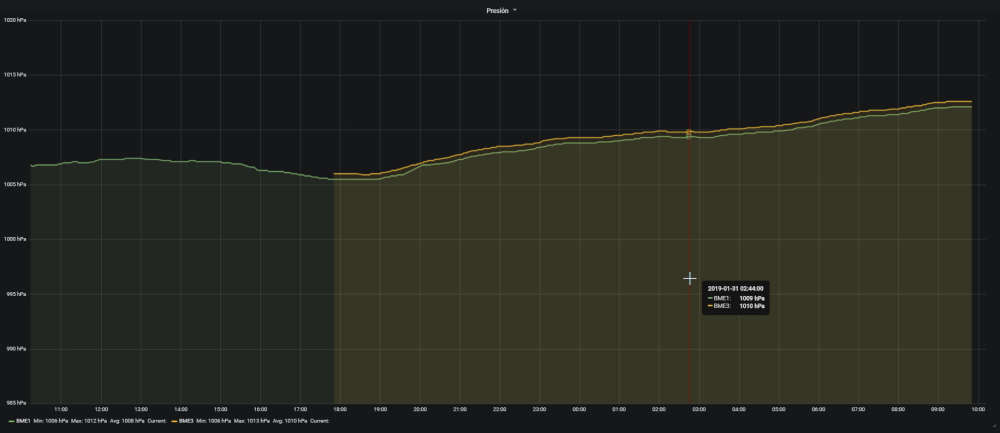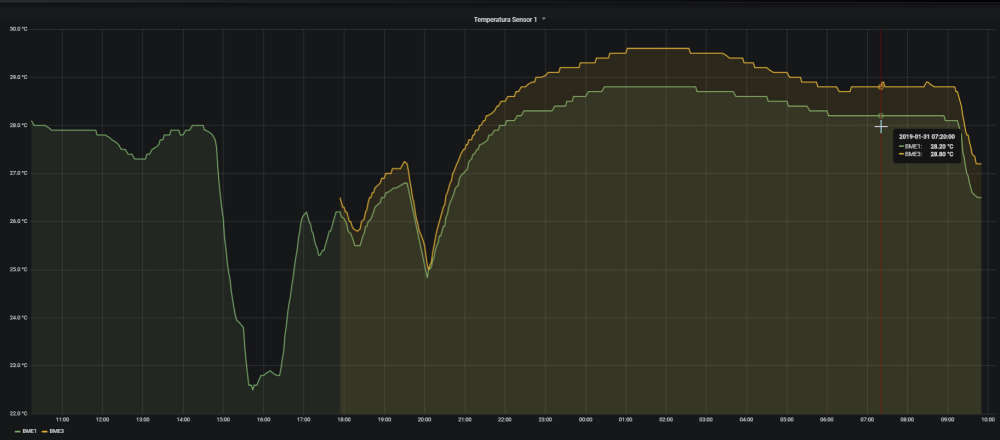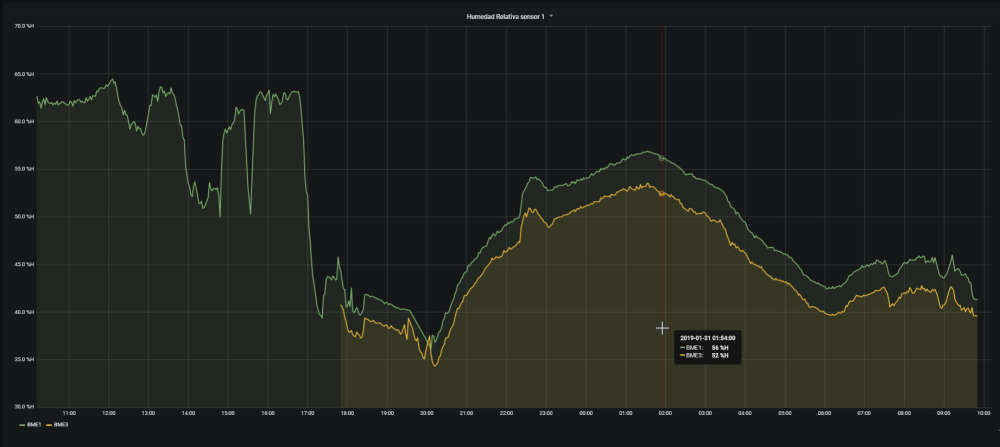@rejoe2 said in sending an image without wifi / envoi d'une image hors wifi:
@Guillermo-Schimmel It indeed should not be to difficult, but still there are some questions to be addressed:
- Is there any common standard (e.g. mark start and end of transmissions with keywords like "START" or "END") in stream messages (other than OTA)?
Not that I know of. I'm afraid you are on uncharted territory now.
- How about multi stream options (different ChildIDs).
Afaik the ony sample transfer code ist this one. Using that as a base, I recently built a (not yet tested) version that most likely will be part of the FHEM integration, so I'd really appreciate some common approach to that topic to not propose a somehow "strange" implementation.
This is a nice implementation.
If it were me, I would try to seek compatibility with MQTT, I mean send the images in some form that they could be decoded by any subscriber to my broker.
But regarding header, start/stop and child id I'm afraid you are going to make your own.
Thanks a lot for this effort, I think it would be useful for a lot of us.
But no answer on that question until now.



